Life
He was born on 14 March 1858 or on 27 March 1862 in San Juan, Argentina. [note 1] Berutti studied law in Buenos Aires. Thanks to his winning talent in 1884, with scholarship at the music stadium and he was able to study in Europe. He began his education at the Leipzig Conservatory with Carl Reinecke and Salomon Jadassohn and later studied in Paris, France, in 1889 and Milan, Italy, by 1890, where he was interested with the lyrics in Italian and in 1892, he composed his first classical operas Vendetta and Evangelina. He returned to his native Argentina in 1896 to focus on his composition work of writing various operas, the mostly on under his South American libretto issues. He was a pioneer of Argentine lyrics. He was also a music professor of Gilardo Gilardi Conservatory of Music, where he studied with him in Buenos Aires. He was also of his predominant production lyrics, what in much cases combined issues of Argentine folklore music. Berutti composed including with symphony, sonata and songs. Between his script highlights the treaty translation of the harmony of Salomon Jadassohn. Berutti died on 3 January 1938, aged 76 or 80 in Buenos Aires.
Felipe Boero was one of his students.
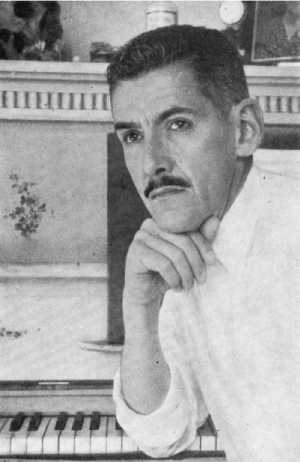
Carlos Guastavino was an Argentine composer, considered one of the foremost composers of his country. His production amounted to over 500 works, most of them songs for piano and voice, many still unpublished. His style was quite conservative, always tonal and lushly romantic. His compositions were clearly influenced by Argentine folk music. His reputation was based almost entirely on his songs, and Guastavino has sometimes been called "the Schubert of the Pampas". Some of his songs, for example Pueblito, mi pueblo, La rosa y el sauce and Se equivocó la paloma, became national favorites. Unlike most other composers, at any time or place, Guastavino earned enough from his royalties and performing rights that he had little need for other income.

The music of Argentina includes a variety of traditional, classical, and popular genres. According to the Harvard Dictionary of Music, Argentina also "has one of the richest art music traditions and perhaps the most active contemporary musical life.

Tango is a style of music in 2
4 or 4
4 time that originated among European and African immigrant populations of Argentina and Uruguay. It is traditionally played on a solo guitar, guitar duo, or an ensemble, known as the orquesta típica, which includes at least two violins, flute, piano, double bass, and at least two bandoneóns. Sometimes guitars and a clarinet join the ensemble. Tango may be purely instrumental or may include a vocalist. Tango music and dance have become popular throughout the world.
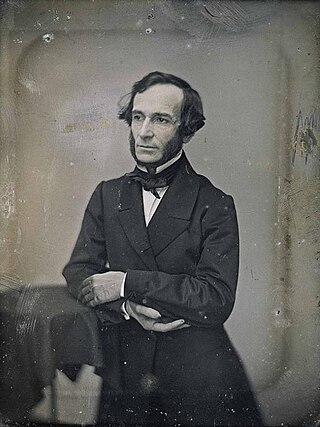
Juan Bautista Alberdi was an Argentine political theorist and diplomat. Although he lived most of his life in exile in Montevideo, Uruguay and in Chile, he influenced the content of the Constitution of Argentina of 1853.

Juan Moreira is a well-known figure in the history of Argentina. An outlaw, gaucho and folk-hero, he is considered one of the most renowned Argentinian rural bandits.

Carlos Di Sarli was an Argentine tango musician, orchestra leader, composer and pianist.

Alejandro Vicente López y Planes was an Argentine writer and politician who acted as interim President of Argentina from July 7 to August 18, 1827. He also wrote the lyrics of the Argentine National Anthem adopted on May 11, 1813.

Manuel Mujica Lainez was an Argentine novelist, essayist and art critic.
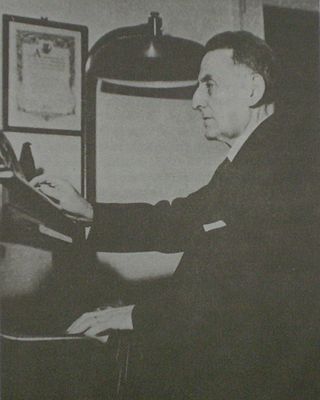
Gilardo Gilardi was an Argentine composer, pianist, and conductor who was the eponym of the Gilardo Gilardi Conservatory of Music in La Plata, Buenos Aires.
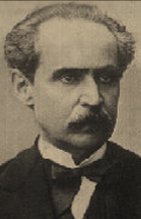
Vicente Fidel López was an Argentine historian, lawyer and politician. He was the son of writer and politician Vicente López y Planes.

The Alvear Palace Hotel is a luxury hotel in Avenida Alvear in Recoleta, an upscale neighbourhood in Buenos Aires, Argentina. It opened in 1932 and, after extensive refurbishment, reopened in 1994.

The Bernardino Rivadavia Natural Sciences Argentine Museum is a public museum located in the Caballito neighborhood of Buenos Aires, Argentina.
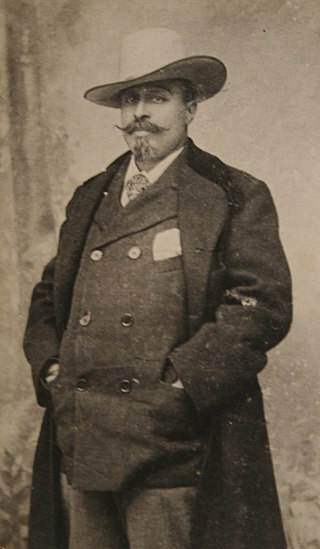
Zenón Rolón was an Afro Argentine musician and composer. Born in Buenos Aires, he composed approximately 80 works including operas, operettas, zarzuelas and sacred music. Rolón also founded a music publishing company which published numerous works by contemporary Argentine composers. Many of his manuscripts are now held by the Instituto Nacional de Estudios de Teatro, in Buenos Aires, and by the Museo Histórico de Morón, the city where he died at the age of 45.
Carlos Javier Benielli was an Argentine writer, poet and educator. He penned the lyrics for marches and hymns that are dedicated to famous figures from Argentinian history, many of which have become part of that nation's common cultural heritage.
Events in the year 1879 in Argentina.
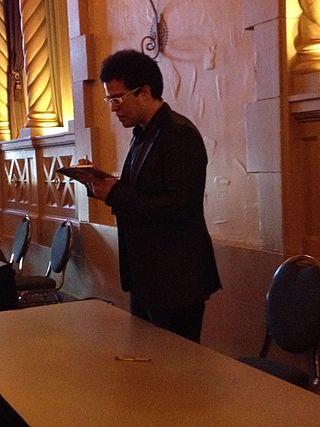
Juan Pablo Jofre is a Grammy nominated Argentinian musician, composer, and arranger. He plays the bandoneon.
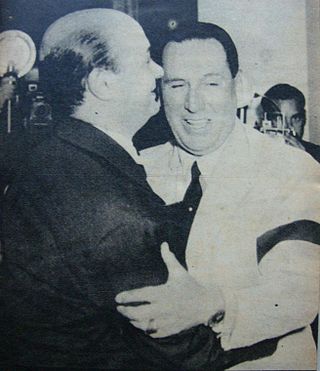
Ovidio Cátulo González Castillo was an Argentine poet and tango music composer. He was the author of many famous works, such as Organito de la tarde, El aguacero, Tinta roja and Caserón de tejas, María and La última curda, and El último café. The tango La calesita, which he composed with Mariano Mores, inspired the film of the same name directed in 1962 by Hugo del Carril.
Gerardo Gandini was a pianist, composer, and music director, who became one of the most relevant figures of contemporary Argentine music of the second half of the 20th century. He studied composition with Goffredo Petrassi and Alberto Ginastera, and piano with Roberto Caamaño, Pía Sebastiani, and Ivonne Loriod. He was Astor Piazzolla's pianist in the Sexteto Nuevo Tango formed in 1989.

Augusto Ballerini was an Argentine painter of portraits, historical scenes and landscapes.
















